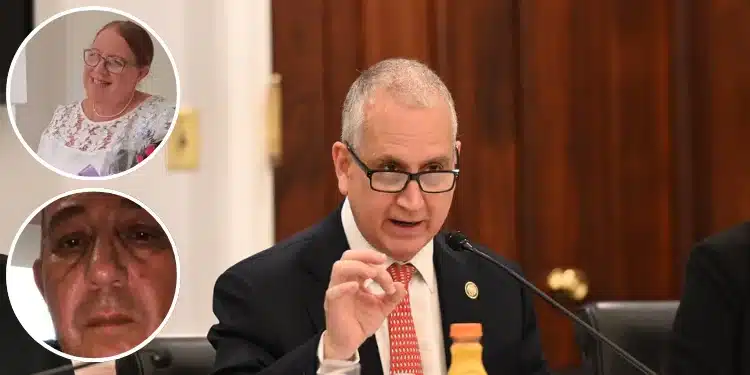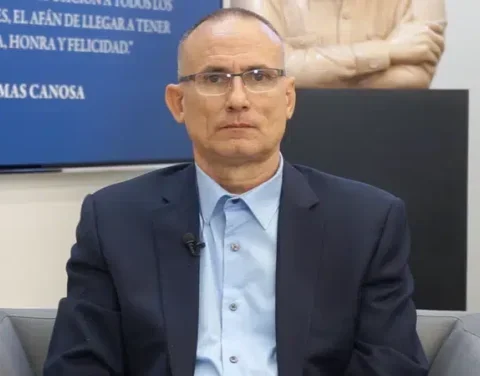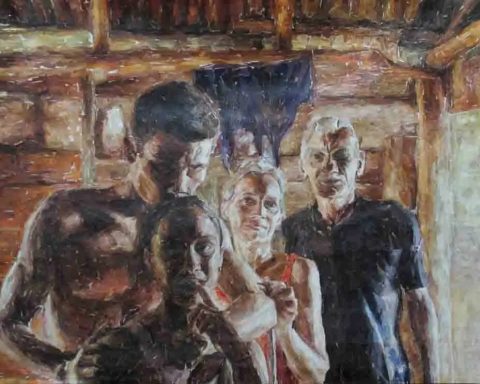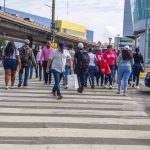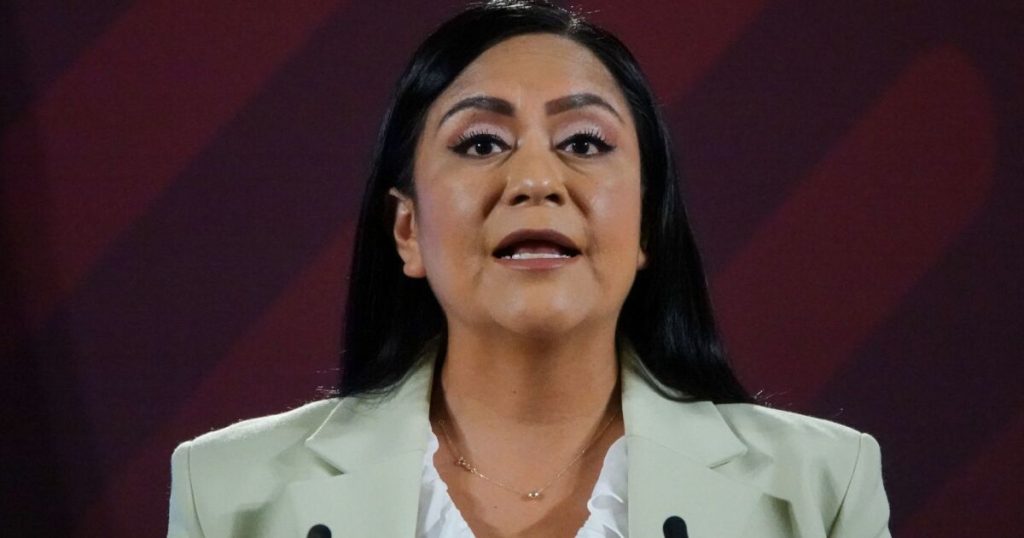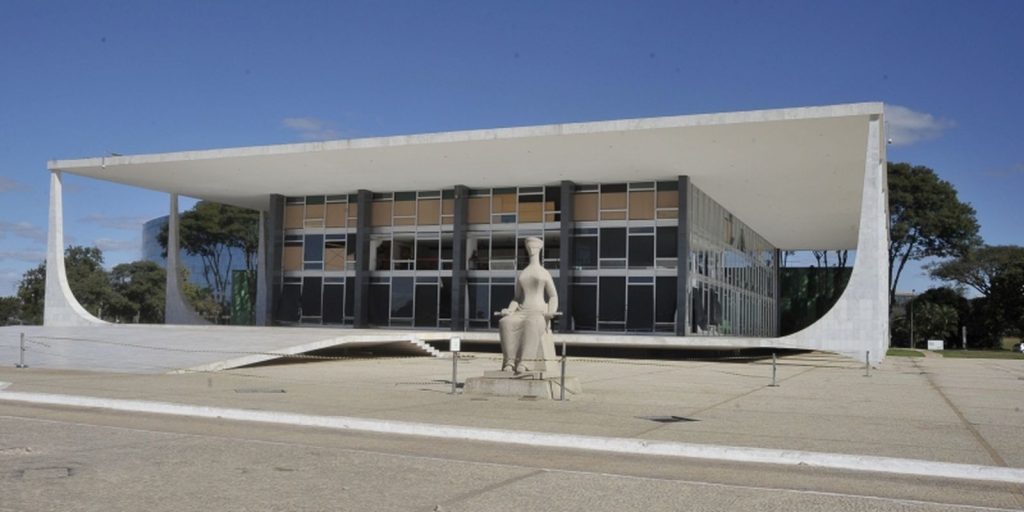Miami, United States. -Cuban American congressman Mario Díaz-Balart expressed his concern for the entrance to the United States of former officials of the Cuban regime, whom he described as “a threat to national security.”
In A publication in the social network X (formerly Twitter)the Republican legislator said that under the administration of President Joe Biden “a worrying number of operations of the Cuban regime” received “the extraordinary privilege of entering the United States.”
Díaz-Balart specifically referred to two recent cases that have generated controversy in the community of exile: that of former JUANA JUANA ORQUÍDEA ACANDA RODRÍGUEZ and that of the Ex-Efficiency of State Security Leandro Rubén Garnica González. Both cases were revealed by the journalist Mario J. Pentón, to whom the congressman publicly thanked: “I recognize the journalistic work of Mario Pentón for bringing these serious facts to light, as well as the work of President Donald Trump and his administration for protecting national security and guaranteeing that these individuals can never enter the United States.”
Juana Orquídea Acanda Rodríguezwho worked for 36 years as a judge in the Criminal Chamber of the Provincial Court of Matanzas, was recently deported after discovering that he had hidden his militancy in the Communist Party of Cuba and his history as a judicial officer of the judicial system during consular interviews. As reported by the Office of Customs and Border Protection (CBP), the exjueza deliberately lied, which resulted in fraud charges, false statements and presentation of fraudulent documents.
For his part, Leandro Rubén Garnica González, Lieutenant Colonel retired from the State Security Department, voluntarily returned to the island on April 16 after more than a decade residing in the United States as a legal immigrant. Garnica appears on the public list of repressors prepared by the Foundation for Human Rights in Cuba (FHRC), due to multiple complaints of abuse, including those of the journalist María Elena Alpízar and activist Guillermo Fariñas, Sájarov Award for the European Parliament.
One of the most shocking testimonies linked to Garnica is that of the political expriceseer Jorge Luis Brito Rodríguez, who accused him of ordering torture against him in the 90s. According to Brito, Garnica locked him naked in a cell with an undercover aggressor that caused serious injuries.
Despite his history, Garnica obtained permanent residence in the US in 2013. His return to Cuba occurs in increasing scrutiny towards repressors of the regime living in the United States. In January 2024, Congressman Carlos Giménez included Garnica in a list of Cuban repressive officials delivered to the US government.
Díaz-Balart warned that cases such as those of Acanda and Garnica “represent a threat to the national security of the United States and should not be admitted” in the country. His message, which denounces what he considers a weakening of migratory controls, adds to the criticisms already expressed by other legislators and activists of exile about the presence in US territory of figures directly linked to repression in Cuba.
